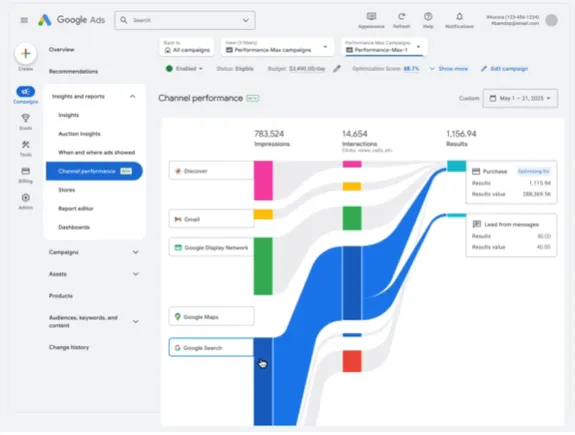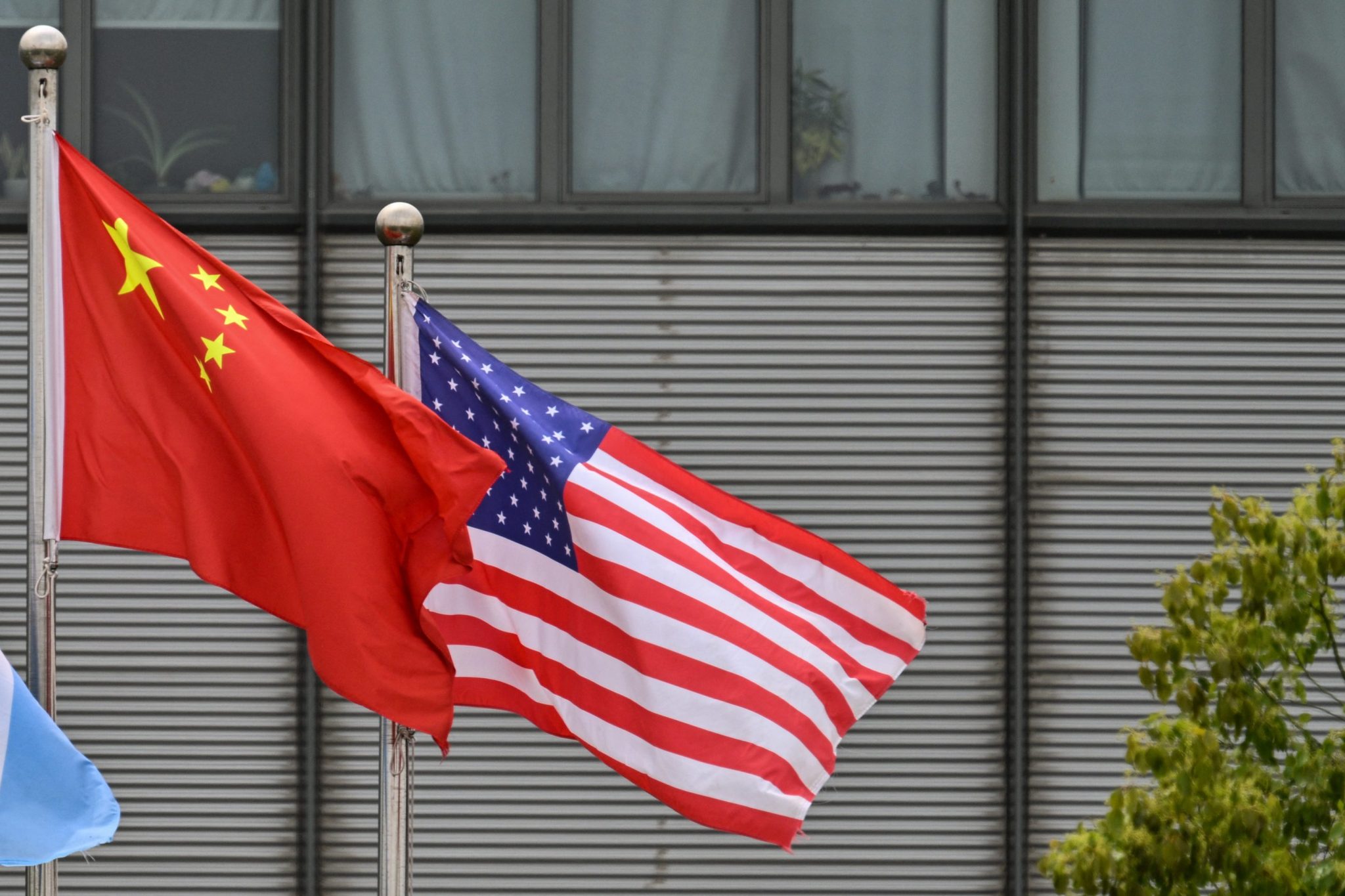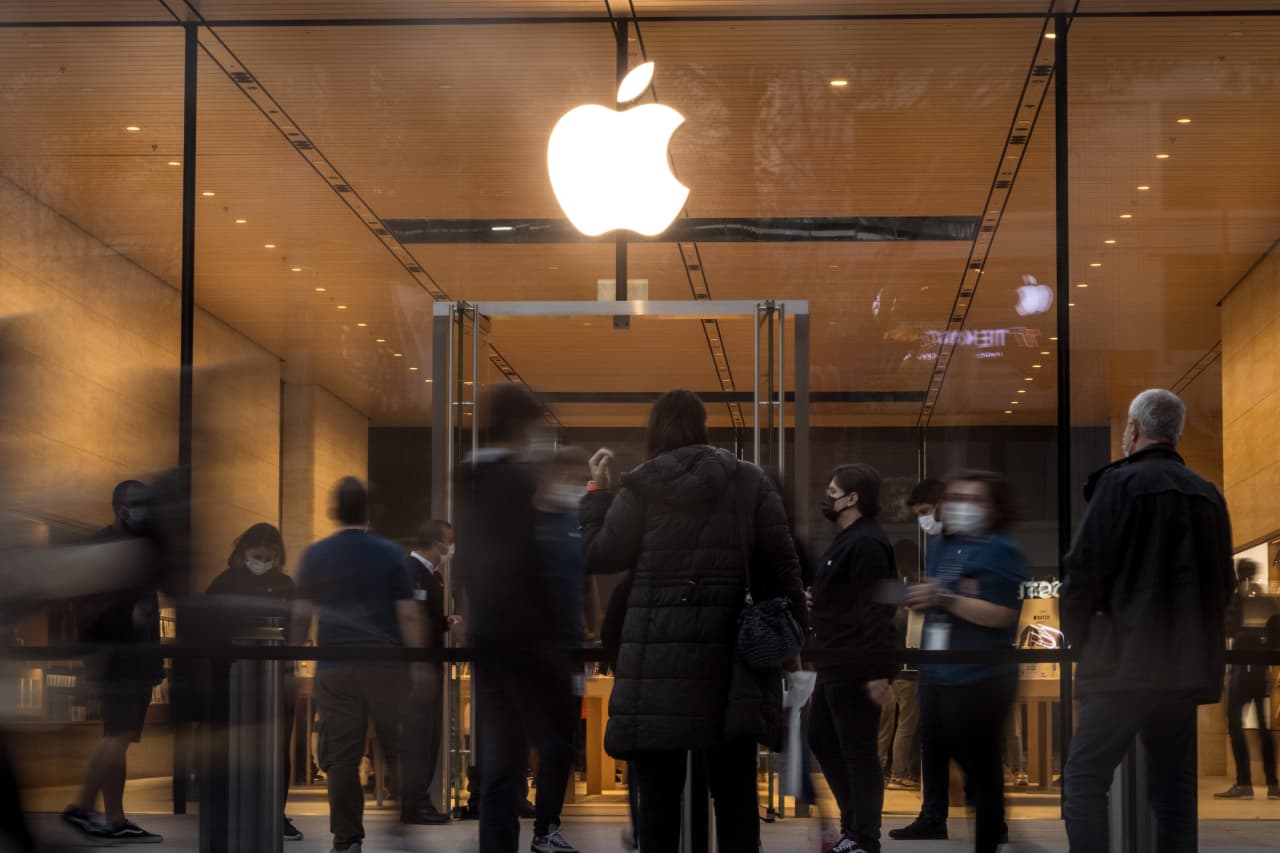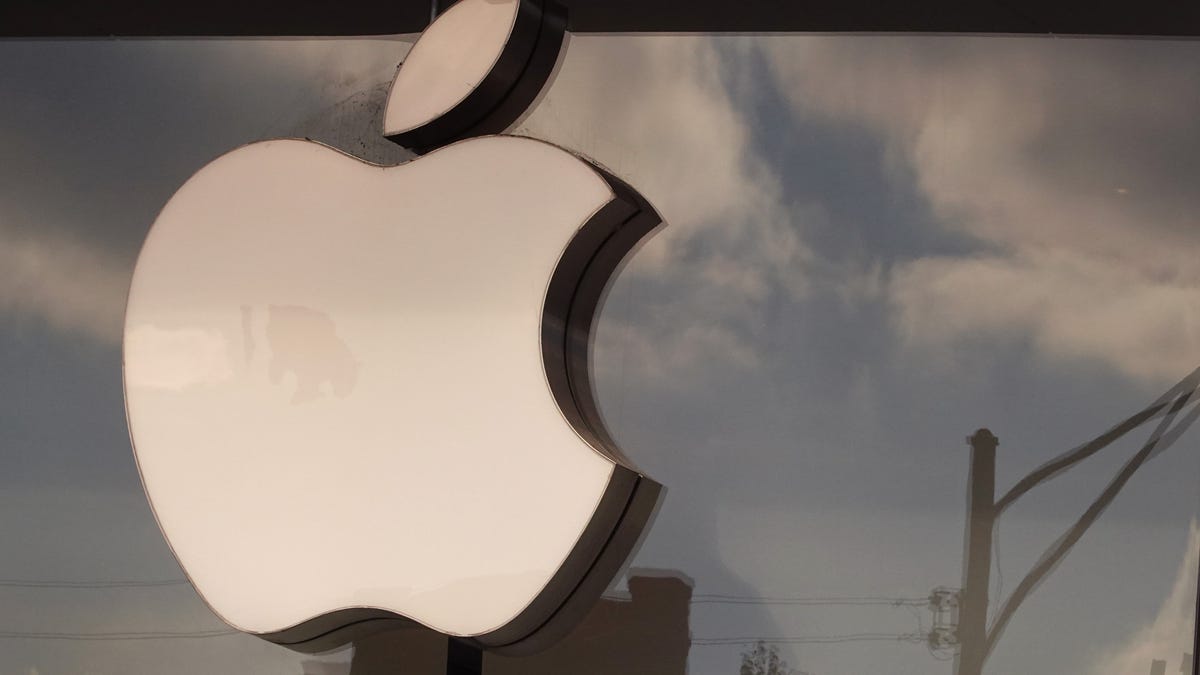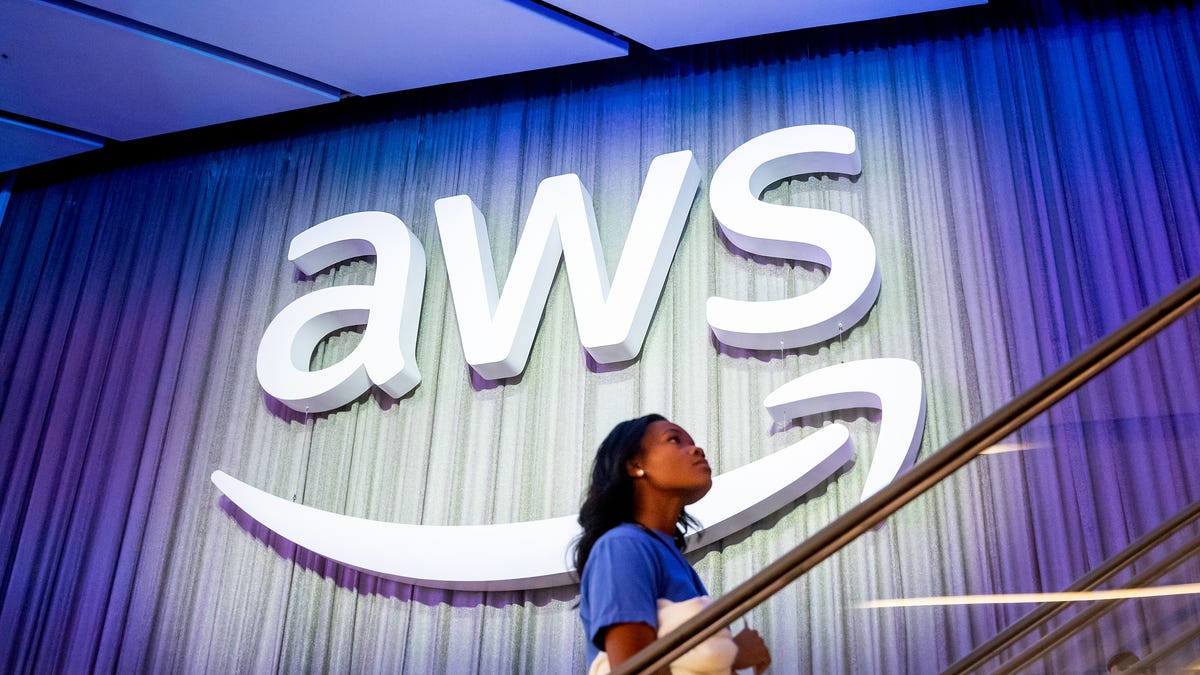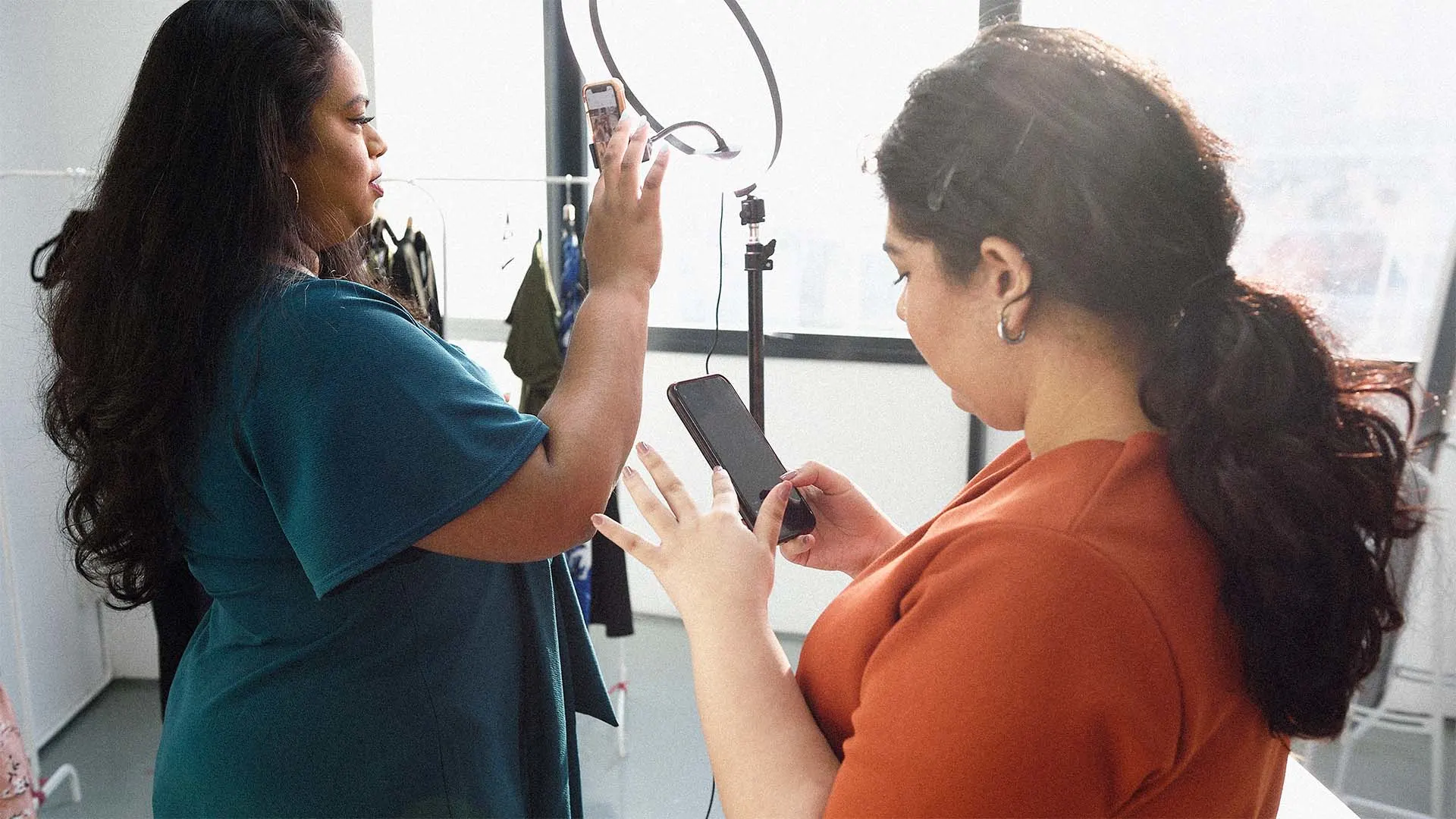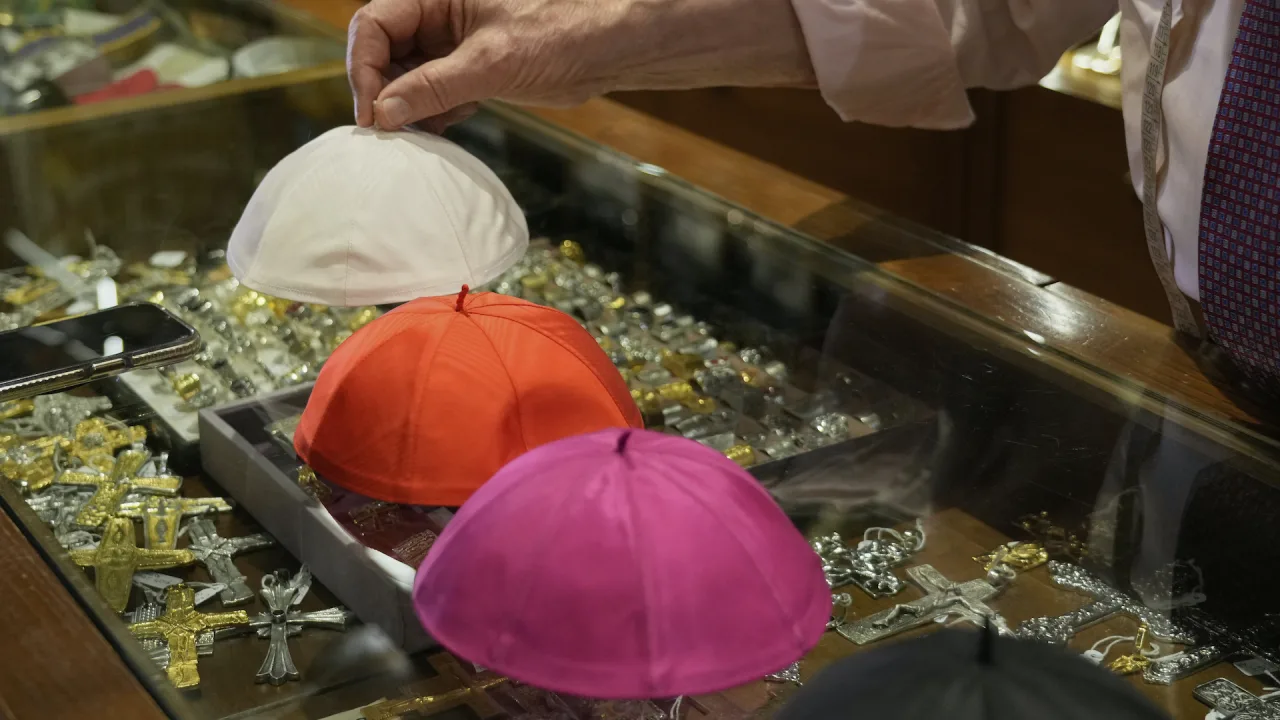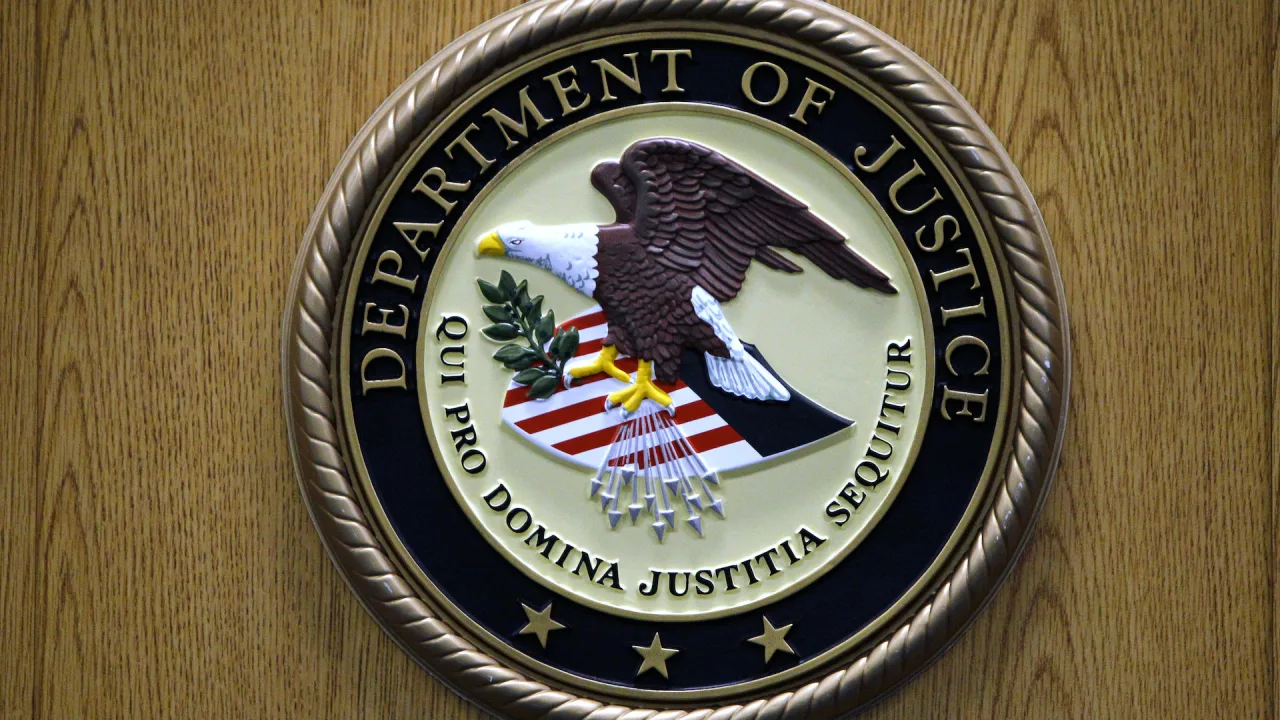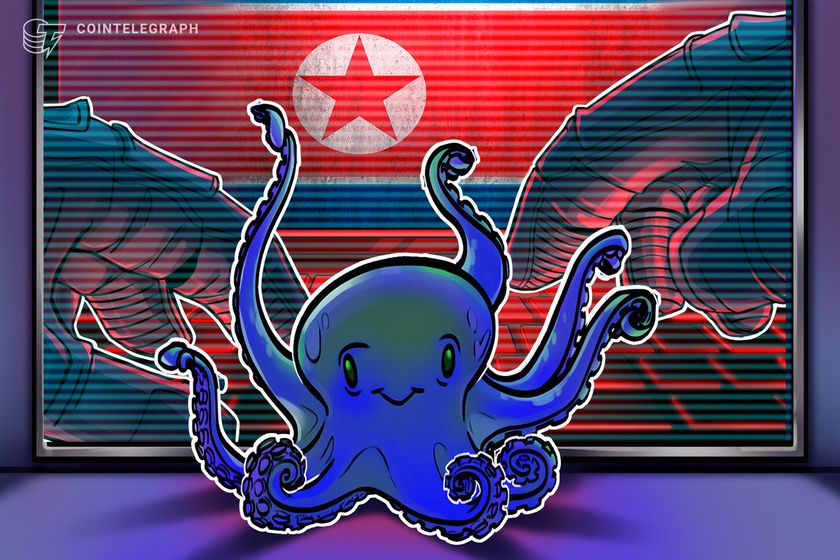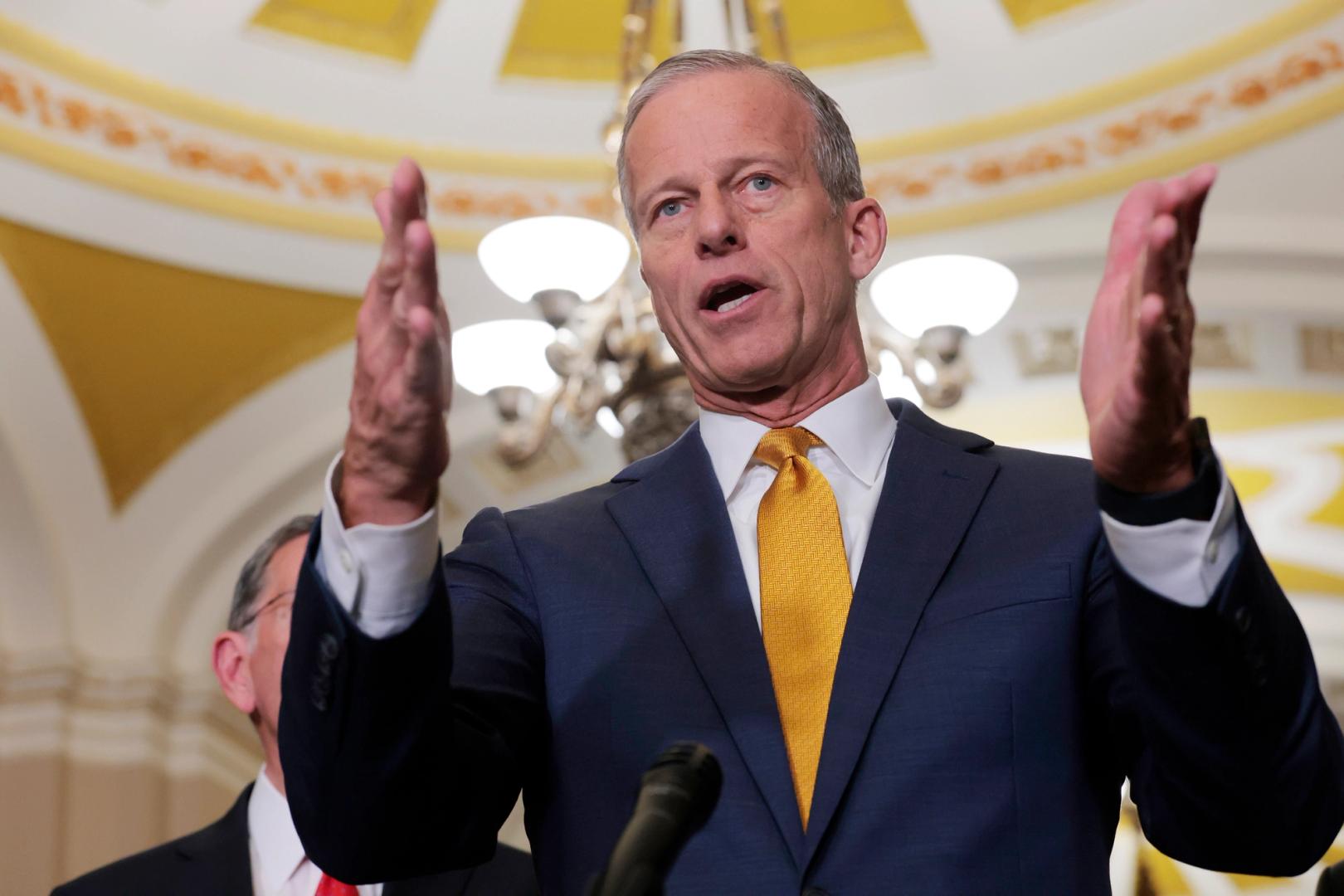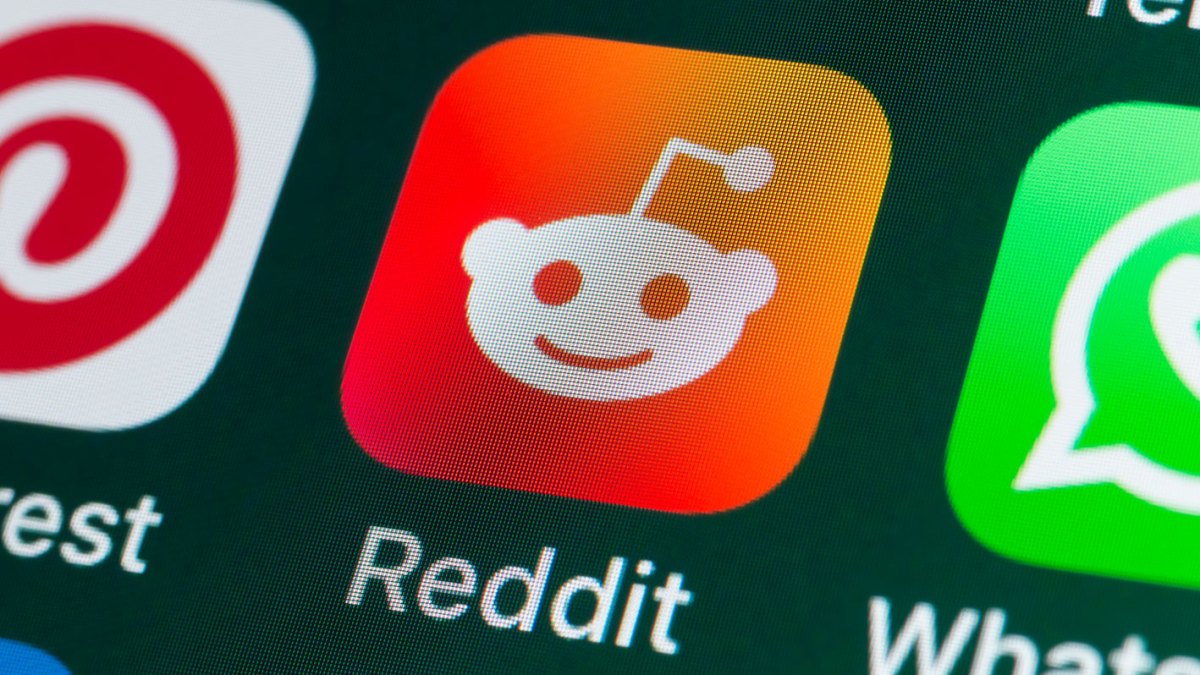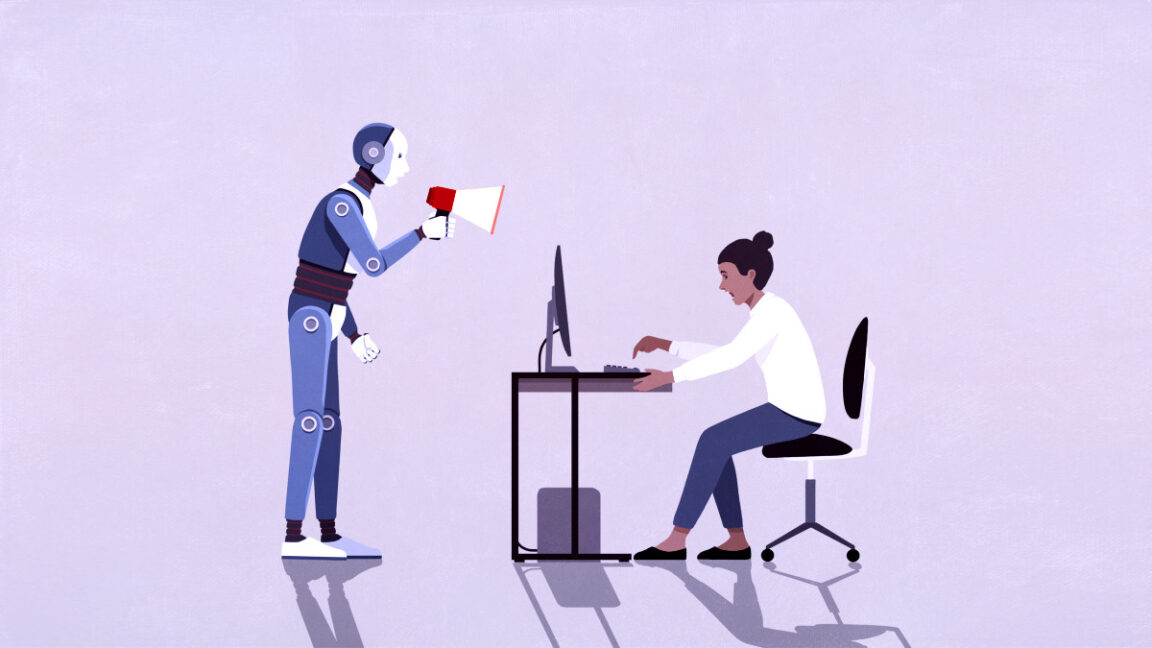Layoffs hit Seattle’s Fred Hutch Cancer Center amid federal funding uncertainty
Seattle-based Fred Hutch Cancer Center laid off employees this week, impacting the nonprofit’s HIV-related work and IT department. The center, which employs more than 5,700 people, did not share how many workers were let go in total. The HIV-related layoffs were due to a reduction in federal grants targeting the virus, said Fred Hutch spokesperson Christina VerHeul. The IT workforce cuts were “part of a strategically planned reorganization of the information technology department,” she said via email, adding “these changes are not related to federal funding.” IT employees with tenures ranging from a few years to multiple decades were let… Read More


Seattle-based Fred Hutch Cancer Center laid off employees this week, impacting the nonprofit’s HIV-related work and IT department.
The center, which employs more than 5,700 people, did not share how many workers were let go in total.
The HIV-related layoffs were due to a reduction in federal grants targeting the virus, said Fred Hutch spokesperson Christina VerHeul.
The IT workforce cuts were “part of a strategically planned reorganization of the information technology department,” she said via email, adding “these changes are not related to federal funding.”
IT employees with tenures ranging from a few years to multiple decades were let go, according to posts on LinkedIn.
Fred Hutch is among many health research organizations nationwide facing drastic reductions to their federal support under the Trump administration.
While best known as a leader in cancer research, Fred Hutch also conducts HIV research including HIV clinical trials and it coordinates multi-institution HIV/AIDS collaborations, such as the HIV Vaccine Trials Network.
In June 2020, the nonprofit laid off 76 employees and eliminated 81 open positions, attributed to the COVID-driven economic downturn and its budgetary impacts. The layoffs focused on non-scientific roles.
Plans to slash ‘indirect costs’
In February, the National Institutes of Health announced a universal cap of 15% for so-called “indirect costs” that include utilities, IT support, rent, administration, dangerous waste management, veterinary services for animal research and other expenses.
If the cap were to go into effect, “it would have a chilling, dramatic, horrific effect on our ability to do research,” Dr. Tom Lynch, Fred Hutch president and director, said in February.
The Fred Hutch ran more than 450 treatment trials in its last fiscal year, with many receiving NIH support and often providing a final option for patients with difficult-to-treat cancers.
The cap would wipe out roughly $125 million in annual support for Fred Hutch given that its long-standing, negotiated rate for indirect costs is 76%. A U.S. District Court judge granted an emergency motion for a temporary restraining order on the universal cap.
A ‘wrecking ball’ to research
The Trump administration has ordered federal health agencies to cut spending on contracts by 35% — which includes funding from the NIH, a foundational source of support for American research.
The administration has canceled nearly 800 NIH grants nationwide, axing more than $1.1 billion for research and trials, said U.S. Sen. Patty Murray, D-Wash., at a Senate Appropriations Committee hearing on biomedical research on Wednesday. The NIH has additionally blocked the issuing of approximately $2 billion owed to grant recipients, she added.
“I am so deeply alarmed that President Trump has taken a wrecking ball to our biomedical research enterprise,” she said. “He and Elon Musk [the head of the Department of Government Efficiency] have been tossing tomorrow’s groundbreaking cures into a shredder.”
The administration has defended its cuts at targeting wasteful spending and say they’re needed to reduce the federal budget.
Included in the research cuts was a move last week to terminate a long-running women-focused health initiative that is coordinated by Fred Hutch and involves a collaboration between multiple institutions.
After a public backlash, the Department of Health and Human Services, which oversees funding of the effort, quickly told media the program would be spared. Fred Hutch, however, said this week that it hasn’t been officially informed of the reversal.
IT impacts
A Fred Hutch IT employee who was laid off and asked not to be named expressed hope that the cuts won’t disrupt the institute’s work, but said, “I’m worried that it will.”
The IT department supports Fred Hutch staff working on clinical trials, in research and other functions. It operates help desks, for example, that respond to urgent needs related to technology impacting patient care. It’s also still finishing work related to the 2022 merger between Fred Hutch and Seattle Cancer Care Alliance.
Former Atrium Health exec Omer Awan became CIO of the cancer center in September.
RELATED:





